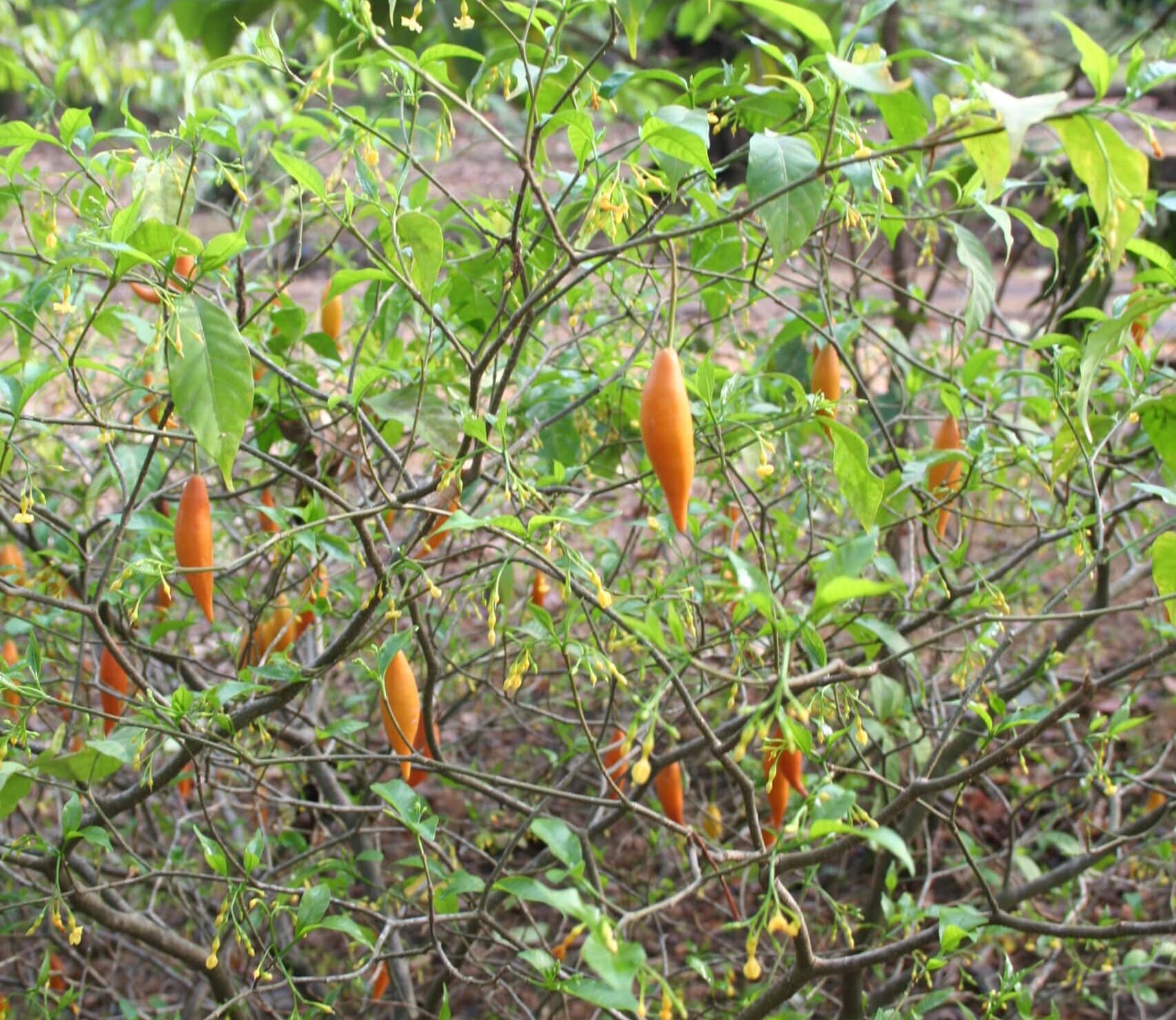For many individuals, overcoming addiction requires more than conventional treatments. It demands a personalized approach that addresses the mind, body, and spirit. In this blog, we will examine some of the most effective alternative addiction treatments that have shown promising results, offering sustained recovery. From the science behind mindfulness practices to the role of naturally occurring psychedelics in healing, we will explore various treatments, focusing on research and practical results.
What are Alternative Treatments & Therapies?
Alternative addiction treatments and therapies encompass several treatment modalities. These approaches complement traditional treatment by addressing the biological, psychological, and social aspects of addiction recovery. They include mindfulness-based practices, nutritional therapy, fitness, massage therapy, and community support. Alternative treatments are gaining significant attention for their ability to reduce cravings, manage withdrawal symptoms, and improve emotional regulation. Most treatment centers integrate some of these approaches into comprehensive recovery plans, recognizing their effective healing potential when combined with traditional pharmacological and therapeutic treatments.
8 Best Alternative Addiction Treatments & Therapies
When modern medicine falls short, alternative addiction treatments and therapies offer a promising option for recovery by prioritizing the holistic needs of individuals struggling with substance abuse dependency. From plant-based medicines to mindful practices, these methods provide solutions backed by noteworthy research and studies. Here are some of the alternative treatments and therapies commonly used in addiction recovery plans:
Psychedelics
Psychedelic treatments have emerged to become a promising alternative for addiction recovery. These substances primarily include psilocybin, LSD, ayahuasca, and ibogaine, which work by resetting neurotransmitter activity in the brain, promoting neuroplasticity, and changing behavior patterns. Clinical studies show that their ability to address the underlying neural mechanisms involved in addiction can contribute to a reduction in substance use and promote psychological healing.
Among these psychedelic drugs, ibogaine stands out for its long-lasting medicinal benefits. Derived from the West African iboga plant, ibogaine has shown remarkable potential in disrupting addiction patterns, reducing cravings, and supporting mental well-being. Despite the increasing research and studies on the efficacy of ibogaine therapy, the drug remains illegal in the United States. Ibogaine treatment is currently available through specialized clinics in Mexico, where it is unscheduled. However, psychedelic drug therapy is not for everyone. You must go through comprehensive health screenings to ensure it is safe for you to proceed with this type of treatment.
Yoga & Meditation
Yoga and meditation are known to promote both mental and physical health, offering a holistic approach to addiction recovery. Studies suggest yoga has beneficial effects when it is combined with other forms of mental health support and can help individuals tackle both short-term and long-term substance use management. Some studies reveal that regular practice of various forms of yoga and meditation is associated with an increase in gray matter in the brain areas that govern self-control and impulsive cravings. The integration of yoga therapy is also linked to enhanced emotional regulation and mental resilience, which may contribute to minimizing the risks of relapse.
You can start yoga therapy at recovery centers that tailor the therapy to your individual journey with addiction. However, if you have physical limitations, you should consult with a certified yoga trainer to modify poses for your needs. Consistency is key when it comes to the effectiveness of yoga and meditation therapy.
Exercise & Physical Fitness
Some studies show that exercises serve as a non-drug reinforcer, making it a potential integrative treatment option for substance dependencies. It is known to enhance muscle strength and boost cardiovascular and respiratory fitness. This results in improved circulation of nutrients to the brain and other organs, improving mental clarity, sleep, and digestion. These effects can help alleviate severe withdrawal symptoms.
Exercise is also known to rewire the brain’s dopamine receptors. This means a fitness routine may produce new neurons, contributing to increased self-control and reduced risk of relapse. Many rehab centers incorporate physical fitness programs customized to your recovery needs.
Sleep Management
Consistent, quality sleep influences your capacity to maintain sobriety and overall well-being, making sleep an essential need for addiction recovery. Disruptions in sleep patterns can affect cravings, impair cognitive abilities like decision-making and impulse control, and negatively impact emotional regulation. Such effects tend to compromise recovery efforts and increase the risk of relapse.
Alternative treatment focusing on sleep management aims to reset your sleep pattern by reinforcing healthy sleep habits through various sleep therapy techniques. These strategies often involve creating a consistent sleep schedule, developing a relaxing nighttime routine, and optimizing your sleep environment to support uninterrupted sleep. This not only helps promote healthy sleep habits but also reduces dependencies on sleep medications.
Art Therapy
Art therapy offers a unique and powerful technique for emotional expression and healing during addiction recovery. This approach allows a non-verbal outlet for thoughts and emotions that may be difficult to articulate. Through engagement in creative processes like painting, drawing, or sculpting, you can explore your experiences and process the underlying emotions, like grief, anger, or guilt, that are often associated with addiction.
Art therapy enables a deep retrospection and self-awareness without the pressure of verbal communication. Carried out in a supportive environment by trained art therapists, this therapeutic treatment method may help identify the main issues contributing to addictive behaviors, promote emotional release, and foster self-reflection.
Adventure Therapy
Adventure therapy utilizes experiential learning in an outdoor setting to promote personal growth, mental strength, and behavioral change. Individuals can step outside their comfort zone, overcome their fears, and develop a sense of self-reliance by engaging in challenging activities like hiking, rock climbing, kayaking, mountain biking, or wilderness activities. Adventure therapy combines physical activities with therapeutic intervention to support long-term recovery from substance dependencies.
Integrating this therapy aims to promote problem-solving abilities, boost interpersonal relationships, and enhance psychological resilience, accelerating the recovery process. Unlike a traditional therapeutic approach, which involves a controlled environment, adventure therapy exposes you to unpredictable settings and real-world challenges, reinforcing learning through direct experience and reflection.
Massage & Acupuncture
Massage and acupuncture are known to support addiction recovery by addressing the impact substance use has on your mind and body. Massage involves applying pressure on different parts of your body to alleviate muscle tension, reduce pain, improve blood circulation, and boost relaxation and energy levels. It is a gentle way to detoxify your body, fostering its ability to recover naturally.
Acupuncture, an ancient Chinese practice, involves inserting thin needles at specific pressure points on your body to stimulate energy flow and promote natural recovery. It works by influencing the nervous system, releasing endorphins, and restoring balance within your body. These therapies are particularly beneficial in managing withdrawal symptoms and reducing the stress and anxiety associated with the recovery.
Vitamins & Supplements
The use of vitamins and supplements in addiction recovery is considered a supportive measure to address potential nutritional deficiencies. Substance use can impact your dietary habits and starve your body of essential nutrients. It can also affect the ability of your body to absorb, metabolize, and utilize nutrients that impact your physical and mental health.
Common vitamin and mineral deficiencies include vitamins C, D, and B12, folic acid, magnesium, iron, and zinc. This nutrition-based treatment is primarily focused on supporting addiction recovery by addressing physical health. However, as unsupervised use of high doses of some vitamins and supplements can be harmful, it is essential to seek the support of a qualified healthcare provider.
How Alternative Treatment Works to Support Recovery?
Alternative treatments for addiction recovery operate by addressing the factors that traditional approaches may fail to address. These alternative techniques focus on holistic healing for the mind, body, and spirit, offering the potential for transformative recovery. They tap into your body’s core healing abilities, promote a deep mind-body connection, and enhance physical and emotional well-being. As alternative treatments offer various pathways to healing from addiction, they can be tailored to your physiological and psychological needs.
Benefits of Alternative Treatment & Therapies
Here are some of the potential benefits of integrating alternative addiction treatment and therapies with a traditional approach:
- Holistic healing: These treatments address the emotional, physical, and spiritual aspects of addiction, offering a more comprehensive approach to well-being.
- Symptom relief: Some therapies may help alleviate the discomfort associated with withdrawal symptoms, reduce cravings, and manage stress and anxiety effectively.
- Non-invasive and natural: Most therapies include nature-based remedies and non-invasive methods that ensure comfort and relaxation.
- Personalized recovery plan: Alternative treatment can be customized to personal needs and preferences, resulting in a more effective experience.
Key Takeaways
Alternative addiction treatment methods offer a number of recovery options, addressing a broad spectrum of recovery needs and individual preferences. Selecting the right treatment path that deeply resonates with the personal challenges associated with your substance use is vital for effective treatment. Make sure to consult with a medical professional with expertise in addiction treatment methods to identify the treatment pathways that are most suitable for your healing process.
Frequently Asked Questions (FAQs)
Yes. Many people find that combining alternative therapies with traditional treatments and medications offers a more balanced approach to addiction recovery. It often involves blending traditional treatment approaches with mind-body techniques like psychedelics, yoga, meditation, acupuncture, and art therapy. However, it is best to consult a healthcare professional to avoid clashes between different treatments. Such integration aims to provide a holistic recovery by addressing both physiological and mental healing.
Insurance coverage for alternative addiction treatment or therapies may vary widely. Make sure to check with your insurance provider.
Alternative treatments, when blended with traditional recovery methods, are known to support holistic recovery, minimizing the risk of relapse. This integrated method is designed to help individuals cope with withdrawal symptoms more effectively and address underlying addiction triggers to ensure sustained healing from substance dependencies.




